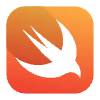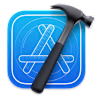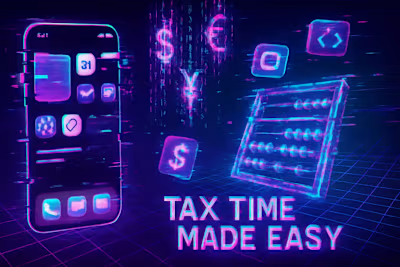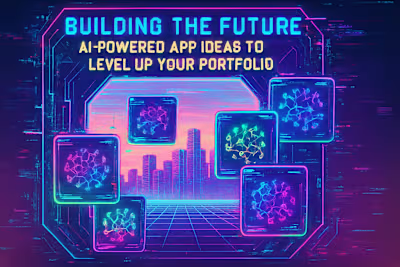AI and iOS Developers: Why Evolving Your Skills is the Key to a Future-Proof Career
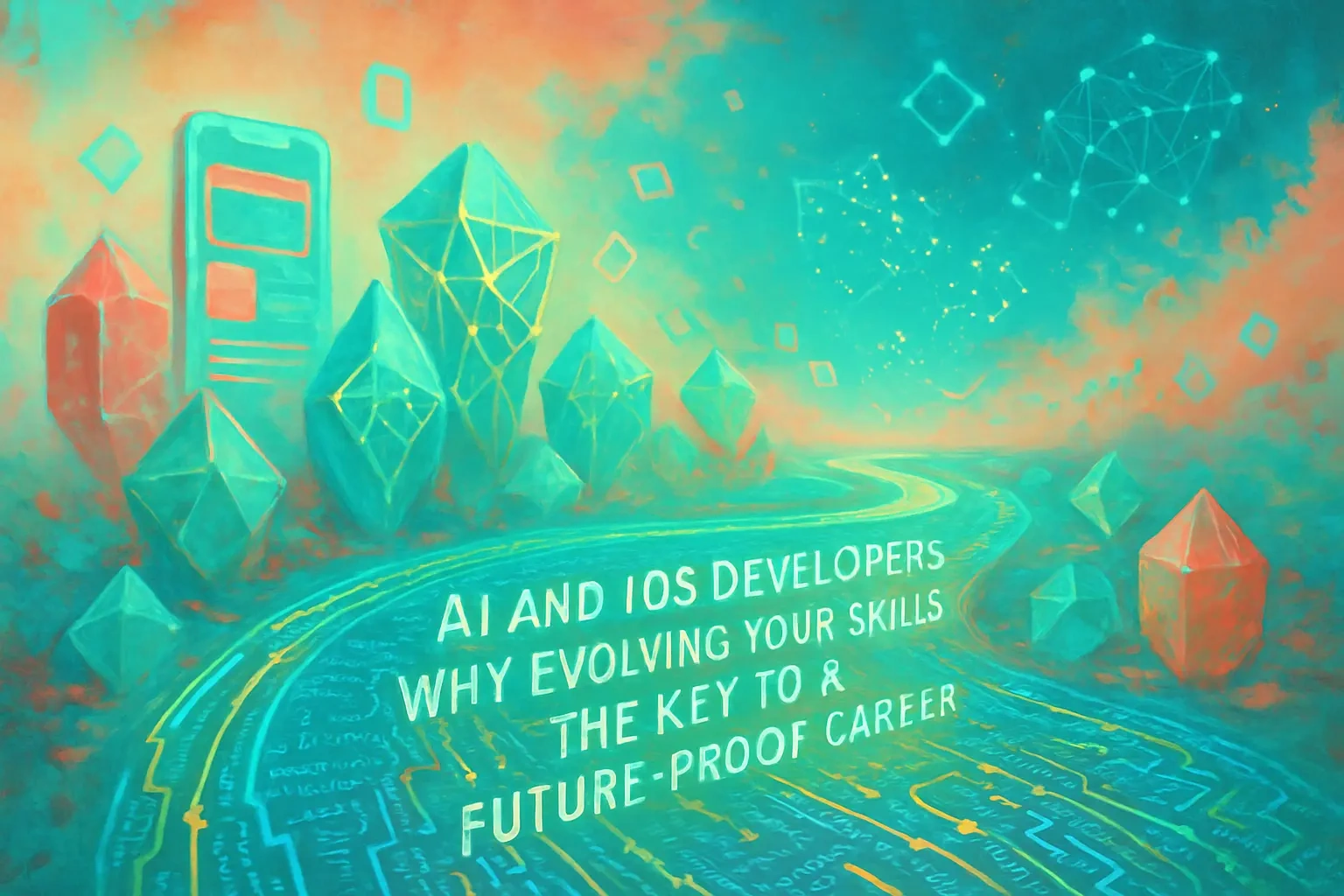
AI and iOS Developers: Why Evolving Your Skills is the Key to a Future-Proof Career
Understanding AI's Role: Augmentation, Not Replacement
What AI Can Do Better Than Humans (For Now)
Where Humans Still Reign Supreme
The New Skillset for the AI-Era iOS Developer
Strategic Thinking and Product Vision
Advanced Problem-Solving and Systems Architecture
AI Tool Proficiency and Prompt Engineering
Soft Skills: Communication, Collaboration, and Empathy
How to Actively Evolve Your Skills and Stay Ahead
Embrace a Mindset of Lifelong Learning
Leverage AI for Your Own Education
Focus on a Niche or Specialization
Build Real-World AI Projects
The Future is a Collaboration Between Human and Machine
The 10x Developer, Amplified by AI
Your Action Plan for the Next 12 Months
References
AI and iOS Developers: Why Evolving Your Skills is the Key to a Future-Proof Career
Understanding AI's Role: Augmentation, Not Replacement
What AI Can Do Better Than Humans (For Now)
Where Humans Still Reign Supreme
The New Skillset for the AI-Era iOS Developer
Strategic Thinking and Product Vision
Advanced Problem-Solving and Systems Architecture
AI Tool Proficiency and Prompt Engineering
Soft Skills: Communication, Collaboration, and Empathy
How to Actively Evolve Your Skills and Stay Ahead
Embrace a Mindset of Lifelong Learning
Leverage AI for Your Own Education
Focus on a Niche or Specialization
Build Real-World AI Projects
The Future is a Collaboration Between Human and Machine
The 10x Developer, Amplified by AI
Your Action Plan for the Next 12 Months
References
Posted Jul 6, 2025
Worried about AI taking your job? Discover why AI is a powerful collaborator, not a replacement, and learn the essential skills you need to cultivate for a thriving career in iOS development.

